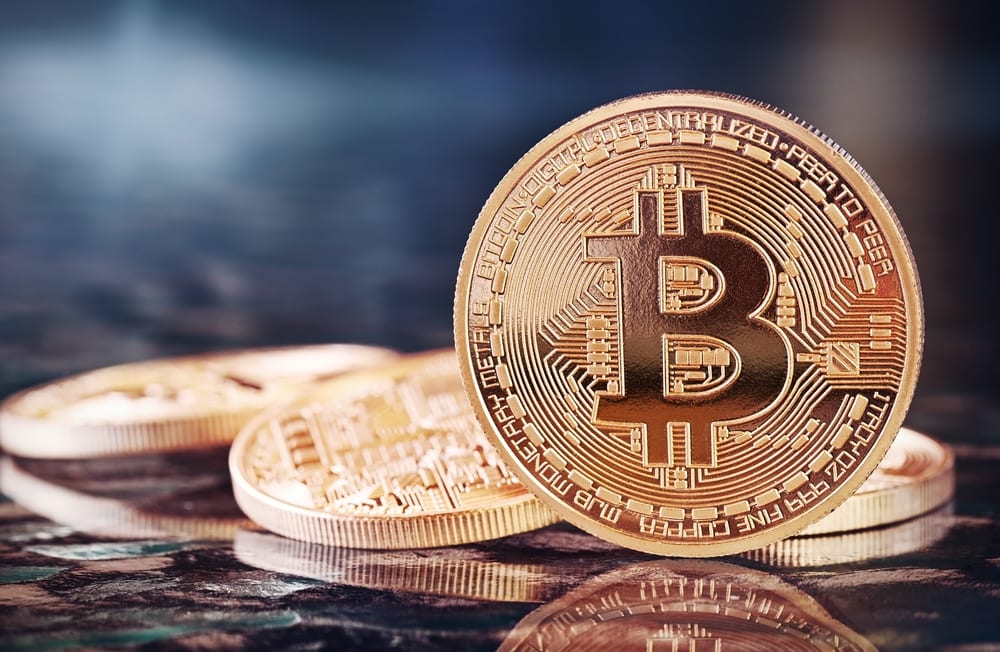Bitcoin is a digital currency used as a medium of exchange just like any other normal currency like pounds or dollars. Gradually bitcoin is entering the mainstream, with the recent announcement that it will be accepted in US stores including Starbucks and Wholefoods.
This alternative currency offers some advantages: it is easily accessible and fast, transaction costs are lower because there are no intermediaries involved in the process, and there are no currency exchange costs. It is also attractive to a younger, more financially-sophisticated, demographic.
But you also need to be cautious. Bitcoin can be highly volatile in comparison with more established currencies, fortunes have been lost in crypto-crashes. And while national currencies are backed by central banks, cryptocurrencies do not have that protection. Anonymity is built into bitcoin, your account is listed by Wallet ID rather than name, which means that transactions remain private and could be viewed as potentially murky by the tax authorities. HMRC have published an advisory paper on how they treat bitcoin and other cryptocurrencies, but they also say this area of tax is fast-moving and subject to change.
As bitcoin gains in popularity, you might find yourself being offered it in payment and being in a position to trade. Here are important things that you should keep in mind:
Accepting bitcoin payments
To start accepting bitcoin payments for products or services that you sell, first you need to set up a digital mobile ‘wallet’, or if you trade directly from a store, you will need a Point of Sale machine. For online sales, the whole thing can be managed by a simple plug-in app, the main two are bitpay and Coinbase.
Know where to buy and keep your bitcoins
There are several options where you can buy cryptocurrency. There are licensed banks where you buy bitcoins, in peer-to-peer marketplaces, cryptocurrency ATMs, and from online outlets that are licensed to offer crypto exchanges. If you are in Australia, some people who are already experts on this matter buy bitcoin with bpay, a fast, easy, and secured way for them to exchange bitcoins. After buying your bitcoin, you need to choose your wallet where you can keep and manage your bitcoins.
Trading your bitcoin
Depending on how much bitcoin or cryptocurrency your business attracts, you may not need to trade them at all. You could just use your bitcoin to purchase other goods and services for your business. However, unless bitcoin starts to mainstream more quickly, you are likely to need to cash out into your local currency.
To get started trading bitcoin you will need to register with a forex broker who accepts cryptocurrencies or click here to sign up with a trading app. You could also consider signing up with a comprehensive trading platform to both educate and inform yourself and manage the process. You can read a useful bitcoin evolution review here.
The principles in trading bitcoin are the same as in any other types of currency trading. You need to keep an eye on trends in the exchange market and trends in the use of bitcoin in the mainstream. Increased take-up in mainstream business is likely to result in appreciating value, whereas any attacks on the currency, for example, regulatory issues, are likely to result in a currency crash. While cryptocurrencies remain highly volatile, it’s advisable to keep your risks manageable.
As ever in business, it’s all being open to the opportunities that innovation presents, while at the same time being scrupulously calculated about potential risks.

